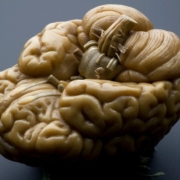What is Logic Programming?
Logic programming is a programming paradigm that sees computation as automatic reasoning over a database of knowledge made of facts and rules. It is a way of programming and is based on formal logic. A program in such a language is a set of sentences, in logical form, one that expresses facts and rules about a problem domain. Among others, Datalog is one such major logic programming language family.
Structure
Let’s talk about facts and rules. Facts are true statements — say, Bucharest is the capital of Romania. Rules are constraints that lead us to conclusions about the problem domain. These are logical clauses that express facts. We use the following syntax to write a rule (as a clause):










